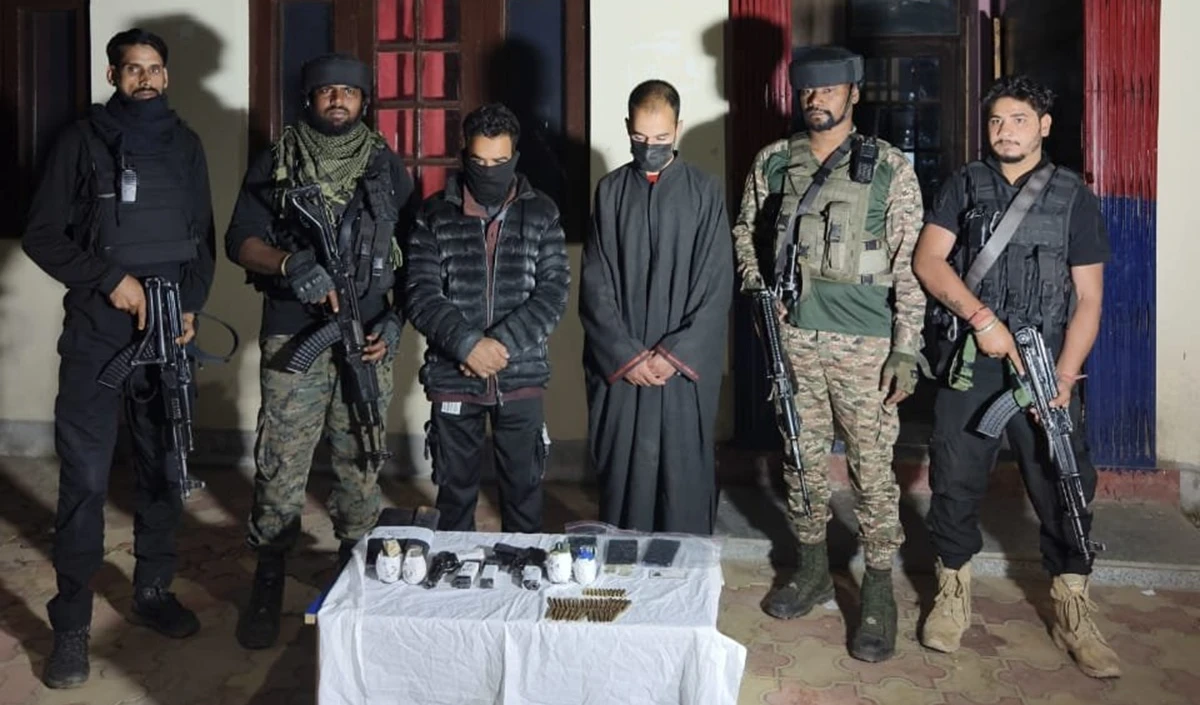Years
The court passed this order in response to a petition challenging his arrest by Rao. A partial working day bench of Justice Prashant Kumar Mishra and Justice Manmohan directed that the 70 -year -old journalist, who was detained on June 9, be released. The court said that it was not Rao.
The Supreme Court on Friday granted bail to Telugu journalist Komineni Srinivas Rao, who was arrested by the Andhra Pradesh Police for making alleged derogatory remarks about women in Amravati region. These comments were made earlier this month during his debate show on the regional news channel Sakshi TV owned by YSR Congress Party (YSRCP) chief Jagan Mohan Reddy.
The court passed this order in response to a petition challenging his arrest by Rao. A partial working day bench of Justice Prashant Kumar Mishra and Justice Manmohan directed that the 70 -year -old journalist, who was detained on June 9, be released. The court said that it was not Rao, but a panelist of the program had made controversial remarks. The petitioner himself did not make a statement on the live TV show and his journalism rights should be protected so that his freedom of expression is also safe. “We instruct the petitioner to be released in the FIR under the conditions imposed by the trial court,” the bench said. The bench instructed Rao not to make any derogatory statements in his show nor allow any guest to do so in future broadcasting.
Questioning the action of the Andhra Pradesh government, the bench stressed Rao’s need to maintain journalism rights and protect his fundamental right to freedom of expression. On June 6, these comments broadcast live on Sakshi TV were reportedly made by journalist VV Krishnam Raju, who allegedly called the Amravati region a “capital of prostitutes”. The Andhra Pradesh Police registered a case against Raju and Rao on 9 June under several provisions of the Indian Justice Code, Information Technology Act and several provisions of the Scheduled Castes and Scheduled Tribes (Prevention of Atrocities) Act.
Other news



